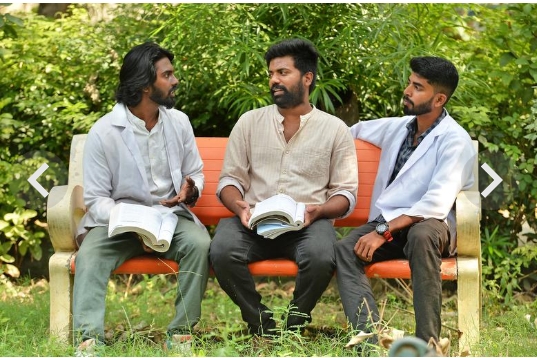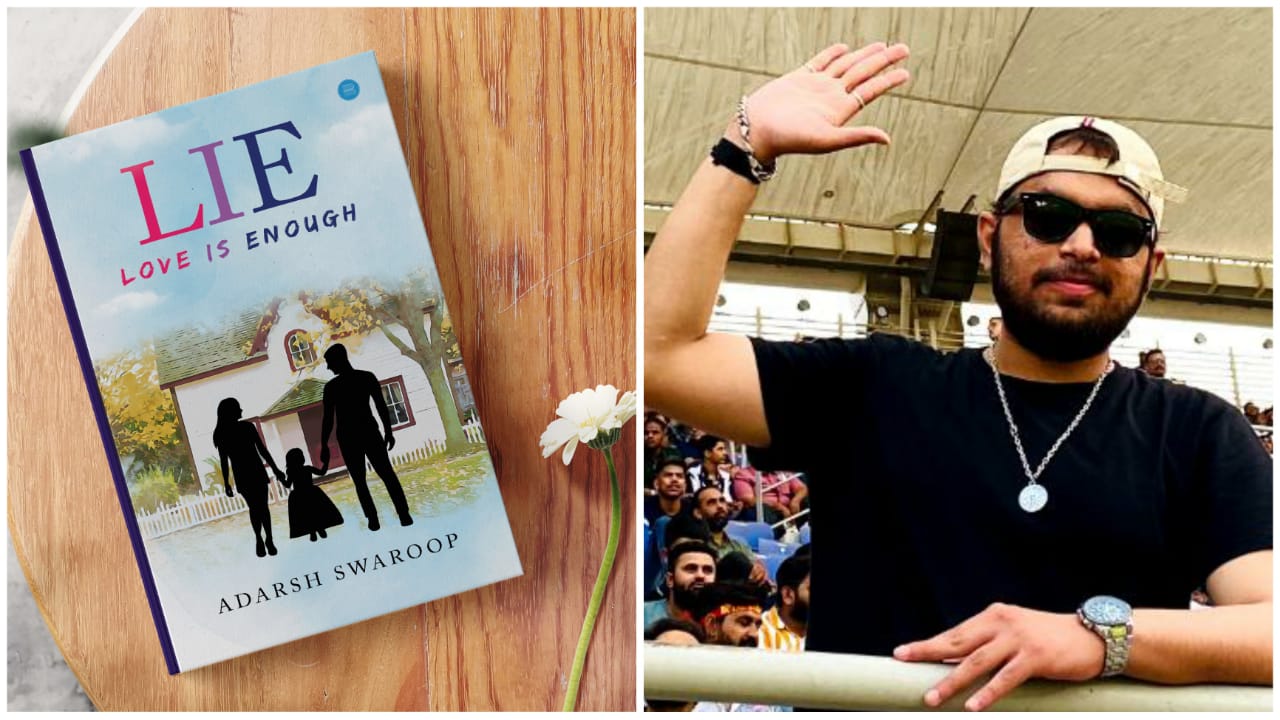The government is resetting the standards of Medical education, facilitating infrastructure in colleges, among other measures at the MBBS level. Bindu Chajan Perabadan believes these policy changes are having a negative impact on students, doctors fear lowering standards, and some states oppose ‘criminalisation’.
In 2015, Giridhar K. Sajev had almost perfect grades in 12th grade. The following year, he passed the National Eligibility Test (NEET), the qualifying test for the MBBS degree. Although his NEET score did not get him a seat in a government college, where the tuition fee is less than INR 1 lakh per annum, Giridhar managed to get a place in Glocal Medical, a private college set up in 2015 in Mirzapur Pul village, District Saharanpur. Uttar Pradesh. His mother, a retired head nurse, and his secretary father, both government employees from Kollam, Kerala, paid him INR 25 lakh during the two-and-a-half years he spent there. “They borrow money and invest their retirement money. Giridhar, whose college is run by the Abdul Wahid Charitable and Educational Foundation, which was established in 2009, said the fees amount to 10,000 annually.
In 2019, when Giridhar settled in U.P. A village overlooking the Himalayas and almost familiar with a foreign language, far from its homeland of coconut groves and ponds, Glocal has lost its accreditation to run an MBBS course. The college, which offers several other courses, is said to have admitted 90 undergraduate students to MBBS even though the then medical education regulator, the Medical Council of India (MCI), had issued warnings not to do so. The institute allegedly failed to meet minimum infrastructure, student-teacher ratio and patient requirements for conducting the course, details emerged during the hearing of the case in the Allahabad High Court which the students lost.
Glocal is an example of the risks MBBS students often face when taking admission in a private institute: fees that can range from Rs 50 lakh to Rs 1 crore and uncertainty as to whether the university has met all the criteria or not. . For its part, the government is taking steps to increase the number of medical facilities across the country, and is offering incentives to private companies in terms of infrastructure, employment and other aspects for setting up colleges. However, doctors and medical teachers are concerned that this lowering of standards could affect the quality of education and thus the level of patient care in India.
Giridhar and 66 other students, out of a total of 90 students in his batch, lost their MBBS seats. “Our lives changed overnight. But we believe that we will be transferred to other private medical colleges to continue the course. But despite multiple appeals to the university, local authorities and finally the courts, students are still denied admission to other colleges. Another year and a half passed and in 2020 Giridhar decided to abandon his hopes of becoming a doctor.
Students are suffering
“My only dream was to become a doctor,” said Giridhar, who talked about how he grew up witnessing and drawing inspiration from his mother’s profession. “I always thought his work was noble,” she said of his desire to serve.
He is currently studying agriculture at another private university in Punjab, which charges INR 60,000 per semester for a four-year course.
In addition to broken dreams, he also had feelings of guilt. “I feel like I pushed my retired parents into financial disaster,” he said, adding that the family is now seeking court help to at least recover their deposited college fees.
According to some media and students, the owner of Glocal Medical is currently on the run from the law. The university did not respond to unanswered phone calls or emails.
Numbers game
In 2023, more than 20 lakh students appeared for NEET exam, competing for less than 2 lakh MBBS and BDS seats across India.
According to government records, 11,45,976 students have passed the exam in 2023. Government figures showed that in 2016, the year the Giridhar exam was held, 7,31,223 candidates appeared, of which 19,325 students were in the top 15% and 4,09,477 students qualified as per MCI regulations.
In 2020, the Ministry of Trade and Industry was dissolved following allegations of bribery and corruption and the National Medical Commission (NMC) was established. The committee includes 33 members from state medical boards, medical education directors and professionals.
Data released by the Ministry of Health and Family Welfare indicates that over the past nine years, India has seen an 82% increase in the number of medical colleges (from 384 to 704 by 2023) and an increase in the number of MBBS seats by 110% (from 51,348 seats) in 2014 to 1). , 07.948 in 2023).
Vacancies
Despite efforts by the central government to increase the number of medical seats, ironically, private medical colleges in India often reflect vacancies. There were 273 vacant seats in 2019-20, rising to 326 in 2021-22, reaching 261 in 2022-23 and surpassing 200 this year.
For more information visit at https://happenrecently.com/zepto/?amp=1






